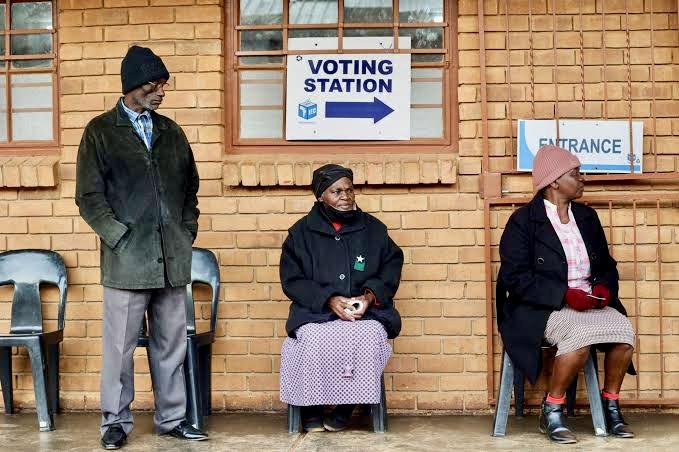
Faith Nyasuguta
On Tuesday , U.N. development specialist Garry Conille was appointed as Haiti’s new prime minister, following nearly a month of deliberations by a divided transitional council that had initially sought another candidate for the role.
This significant development occurs amid escalating violence in Port-au-Prince, where gangs continue to wreak havoc, firing in previously tranquil neighborhoods and using heavy machinery to destroy several police stations and prisons.
In his first statement since his selection, Conille expressed his gratitude on Wednesday, stating he was “very honored” to be chosen for the position. He extended his thanks to the civil society groups, political parties, and members of the Haitian diaspora who nominated him.
“Together, we will work for a better tomorrow for all the children of our nation,” Conille wrote on X, the social media platform, in Haitian Creole.
Louis Gèrald Gilles, a member of the transitional council, informed The Associated Press that six out of seven voting council members chose Conille earlier on Tuesday. One member, Laurent St. Cyr, did not vote as he was not in Haiti at the time.

Conille, who has served as UNICEF’s regional director for Latin America and the Caribbean since January 2023, was previously Haiti’s prime minister from October 2011 to May 2012 under then-President Michel Martelly. He takes over from Michel Patrick Boisvert, who was named interim prime minister after Ariel Henry resigned in late April.
Henry was on an official trip to Kenya when, on February 29, a coalition of powerful gangs launched coordinated attacks, seizing police stations, firing at Haiti’s main international airport, and storming the country’s two largest prisons, releasing more than 4,000 inmates. These attacks left Henry unable to return to the country, as the airport in Port-au-Prince remained closed for nearly three months.
As Conille steps into his new role, gang violence continues to surge in parts of Haiti’s capital and beyond. The nation is eagerly awaiting the U.N.-backed deployment of a police force from Kenya and other countries to help restore order.
Conille’s background is in medicine and public health, and he has contributed significantly to healthcare development in impoverished Haitian communities. He played a crucial role in coordinating reconstruction efforts following the devastating 2010 earthquake.
Prior to his appointment as prime minister in 2011, he worked for several years at the United Nations. However, Conille’s tenure was cut short less than a year later due to clashes with President Martelly and his Cabinet over an investigation into government officials holding dual nationality, which is prohibited by Haiti’s constitution.

In addition to appointing a new prime minister, the transitional council is also tasked with selecting a new Cabinet and organizing general elections by the end of next year.
RELATED:




